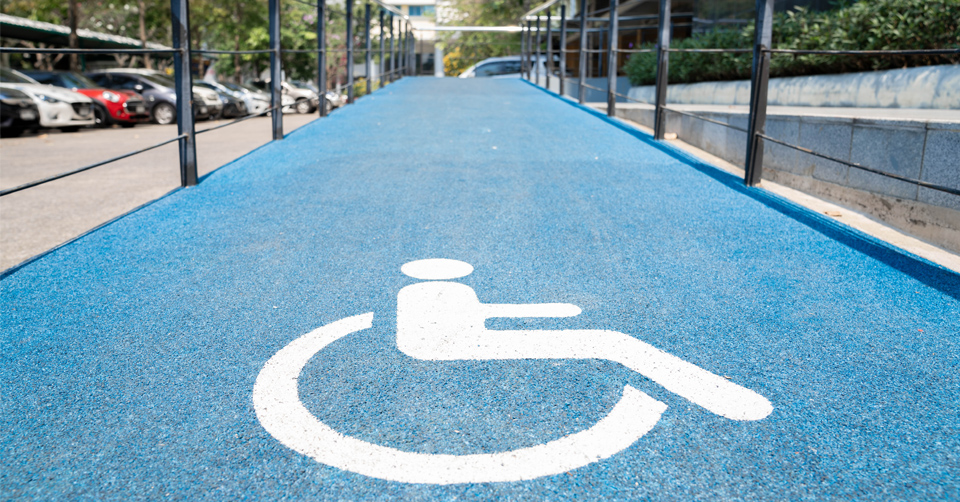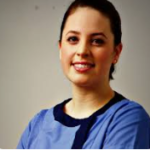Natalie Bradley, Special Care Dentist and Clinical Director of Dentaid the Dental Charity, suggests ways to make your dental practice more inclusive.
Everyone has a role to make sure we’re being inclusive for the patients we see. So, what do I mean by being inclusive? It’s probably easier to explain that by looking at what we mean by exclusion.
When we talk about social exclusion, we can look at certain communities that are marginalised or hard to reach. This might mean their views and opinions aren’t considered and are often forgotten about, not just by dentistry, but other services and society in general. They may be groups that are difficult to penetrate. These can include Gypsy Roma Travellers, or people experiencing homelessness. People who have particular social needs that often aren’t understood and with whom we don’t engage well.
Excluded people may also have individual characteristics that mean they have additional needs. That might mean they experience stigma or discrimination generally, and they could face discrimination and stigma when they’re trying to access services. For example, I worked in a hospital and not too long ago the patient notes were pink or blue and there was nothing for those people who may not identify as male or female. This kind of discrimination means patients do not feel included as part of the service they’re accessing.
This is often true of people who have disabilities. Disability is a protected characteristic under the Equality Act. Often people with disabilities can be excluded from accessing certain services, whether that be on purpose or not.
How many times have you gone to the theatre or cinema, particularly if they’re older buildings, where if you were in a wheelchair, you would never be able to get in there? Thankfully, that’s something we are thinking about more these days. But unless you were the person in that situation, maybe you wouldn’t understand how it would feel if you wanted to get access to something and you couldn’t.
That is because a lot of the things we access as the general public, whether that be a shop, an entertainment facility, healthcare services they are not designed by people who have disabilities. They are designed by other people who are perfectly able bodied and who may not appreciate a step up to a platform to deliver a lecture can be a big barrier for some people.
Often a medical model puts the potential blame for, or the cause of, an issue on the disability of the person. ‘That person can’t get into my dental practice because they’re in a wheelchair.’ Whereas we should flip it and look at the social model of disability where actually the reason they can’t use the service is because you haven’t provided one that’s appropriate for them. And so, it’s all our responsibility to make sure we’ve provided a quality dentist service for them.
This is becoming more important as the number of people with these kinds of conditions are increasing. About one in five people in the country have some type of disability. One in four people will have had mental health problems at some point, and one in two people will have had cancer, whether they are survivors or not.
Providing accessible healthcare services isn’t just a moral and ethical duty, we have a legal obligation too. There is legislation in place across healthcare that means we have to look after these patients. The most important one is the Equality Act, which has already been mentioned. Under that legislation all health and social care providers need to make reasonable adjustments for those people who might need it to access the service that we’re providing. That might be because they have a protected characteristic, so you need to be able to make an adjustment, so that the person can get to the dentist,. for example. And we should aspire to remove the barriers in place that mean a person might be excluded from a service.
An easy example is stair access in the dental practice. How can people with a physical disability gain access to the practice? But it also might be things such as making life easy for people with dyslexia who may struggle with reading and writing. We ask our patients to fill out lots of forms so a member of your team could be there to help support them to fill it out, as one solution. Or you could get Easy Read information that, for some people, might be more appropriate for them.
When it comes to mental capacity, I feel it’s important to highlight that people who may have a learning disability or impairment can face exclusion. The principles of the Mental Capacity Act should always be adhered to for every patient. However, do not make assumptions. Do not assume someone has capacity unless you prove otherwise. It’s about making sure you’re doing something in their best interest and you’re doing as much as possible to help someone understand the decision that they’re going to be making or not.
That might mean making sure you use the right language with the patient and giving them information in the way that they understand. That could be Easy Read information or videos if you have access to them. Or it could mean enlisting the help of people who know them best to explain things.
Giving people information in ways that they understand is extremely important. And similarly, for conditions like dementia, it’s being aware that maybe their capacity fluctuates and considering that possibly you’re seeing them on a bad day. Perhaps if they came in earlier in the day, for example, and had a familiar person with them, it would be more likely they might have capacity, and you’ve just experienced them on a bad day for them. So, it’s all about getting to know the person during your initial chat so that you’re able to optimise the chances of having capacity, and not making assumptions.
So, by getting to know the person in your chair, you’re able to optimise the chances of having capacity, and not making assumptions, resulting in a better experience for the patient.

